A silent crisis chokes the very backbone of Korean society. Since 2013, the nation’s fertility rate has plummeted to 0.7 children per woman — far below 2.1, the figure necessary for the nation to subsist. As politicians declare a national emergency, South Korea teeters on an unprecedented precipice. With this record-breaking downward spiral, researchers warn that South Korea may be the first nation to face demographic extinction.
Yet, a vicious narrative lies beneath the surface of these statistics. The public now points their fingers at feminists and their supposed reluctance to fulfill traditional roles of motherhood. Concurrently, they oversimplify the nuance of economic pressure and a shift of societal norms.
These voices advocate for a return to Confucian gender roles, where men bring prosperity and wealth to the household and women bear children. Proponents of this perspective argue that women should embrace such traditional values above their personal careers to mitigate the national crisis. The narrative implies that the birth rate decline results from the actions of women, who abandoned their “natural” roles.
On the same line of thought, some radical men brazenly play the victim. They purportedly work tirelessly to support their families while women waste time and resources on frivolous pursuits such as luxury goods, beauty treatments, and plastic surgery.
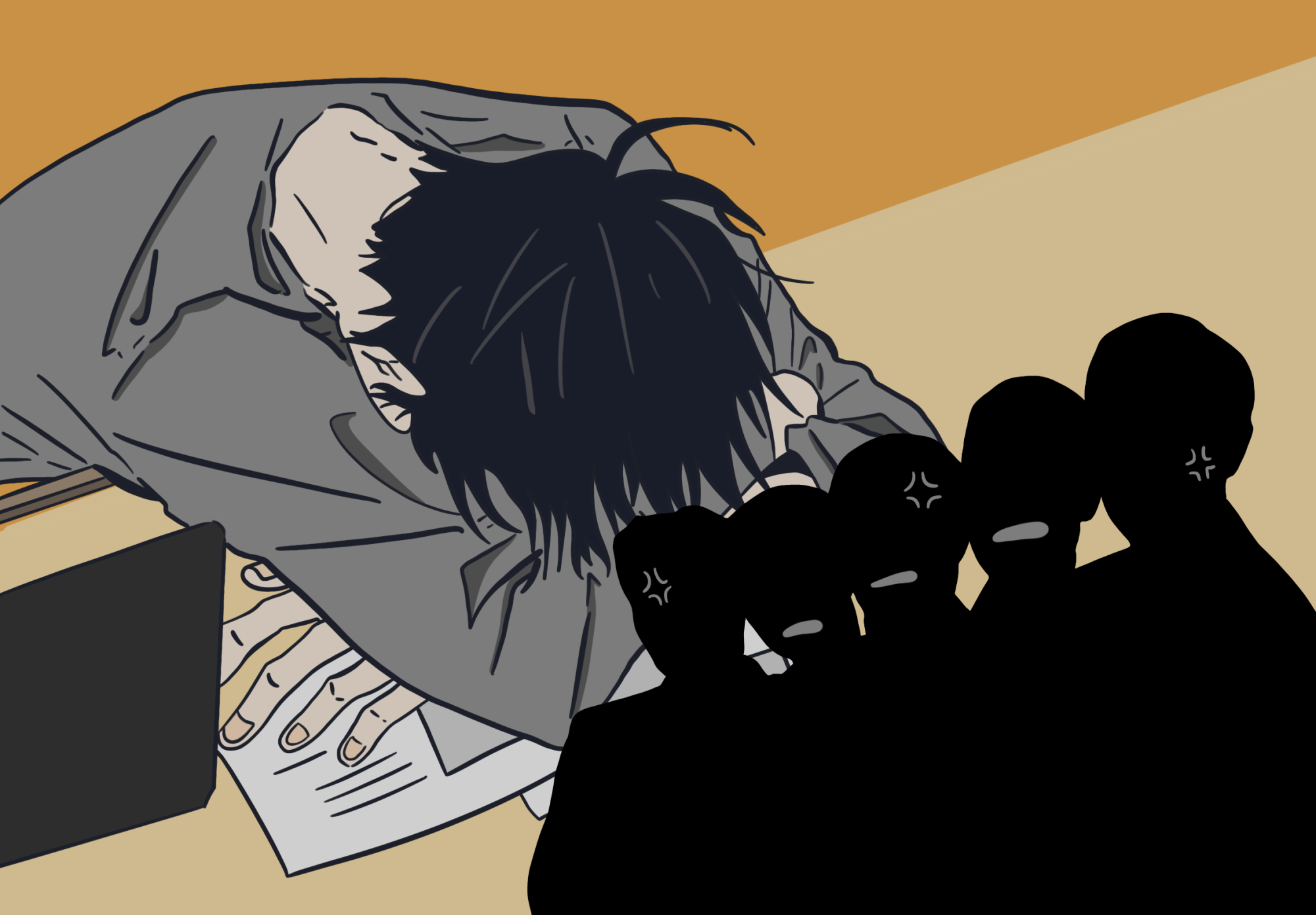
Freshman Yeonhoo Park said, “If you go inside Olive Young or Innisfree, you can see the majority, a 9 to 1 ratio, of women and men. Also, if you go to Seoul or Dongseong-ro, where there are a lot of famous people and influencers, almost everyone is good-looking and has had plastic surgery.”
These self-proclaimed victims assert that they face institutional discrimination as well. The Korean Ministry of Gender Equality and Family has taken the brunt of the blame, criticized for its reverse-sexist policies.
In particular, the claim that the ministry’s focus on women’s rights and welfare comes at the expense of men, who are left to shoulder the burden of the breadwinner without adequate acknowledgment or support.
Reverse-sexist societal norms pit women against men and overshadow the heart of the issue. Luke Cho in ninth grade said, “I definitely think men have more expectations than women. Especially in Korea, I feel like a lot of people think men have to earn money so that their family can have a house, and eat food, more than women do.”
In truth, an intricate interplay of economic, social, and cultural factors that affect both men and women go hand in hand to engender the birth rate crisis. For instance, women hesitate to have children because of Confucian ideals that confine women to the familial sphere, while men falter due to the pressure of the head of the family. Victimization may seem like the easy way out, with women as a convenient scapegoat, but this approach does little to address the root causes of the problems.
Instead of continuous accusations, Korea needs to foster a collaborative approach that acknowledges the challenges faced by both men and women. As Keimyung University professor Sojin Shin said, “It’s crucial to build a society where no one faces discrimination based on gender during pregnancy, childbirth, or childrearing. Women are disproportionately affected, while men are often discouraged from taking career breaks for childcare. A system that encourages shared responsibility is essential.”
Expanding parental leave for all families allows them to take essential childcare breaks without stigma. Flexible workplace policies encourage shared responsibilities and foster a society where everyone can thrive equally.
Only cooperation will allow South Korea to move past its polarizing narratives and find solutions where all individuals, regardless of gender, can thrive and contribute to the nation’s prosperity.

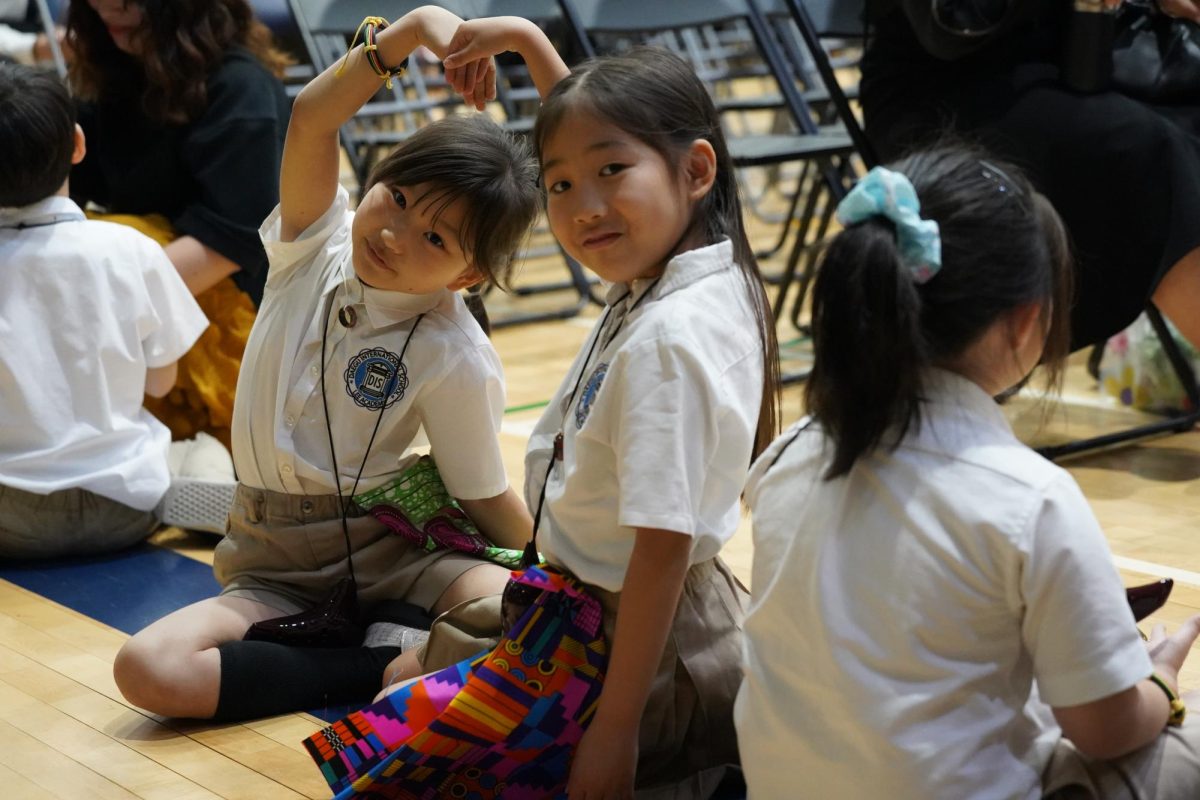








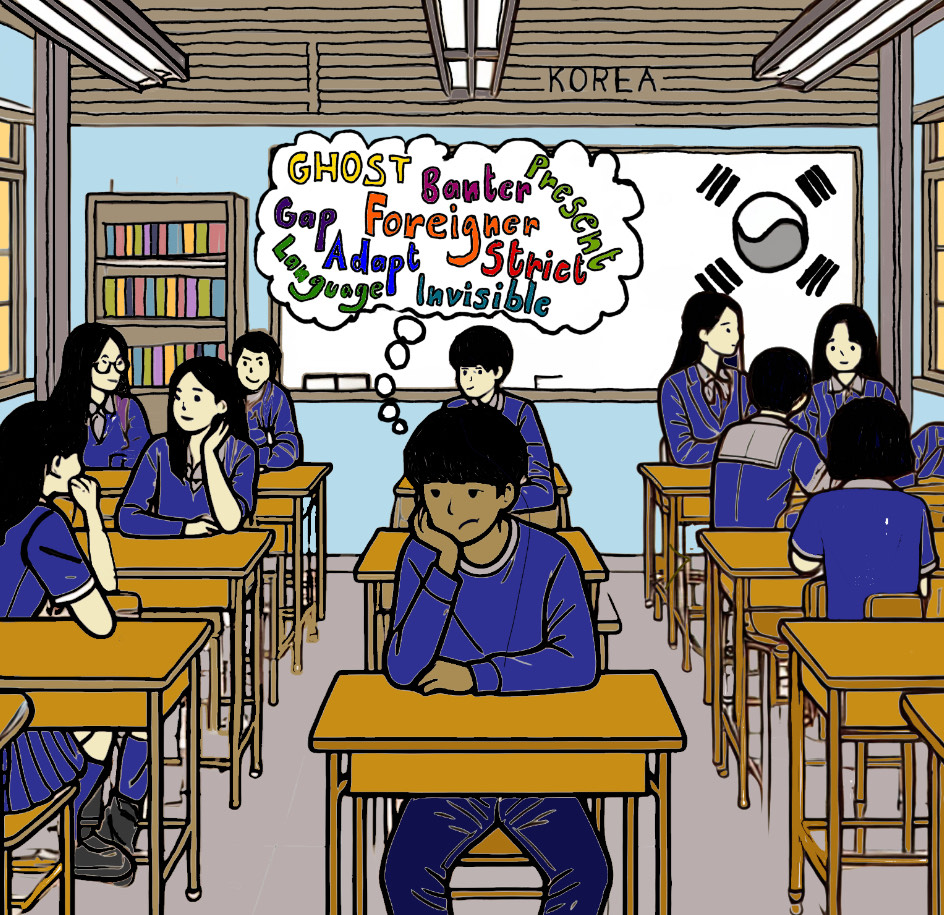










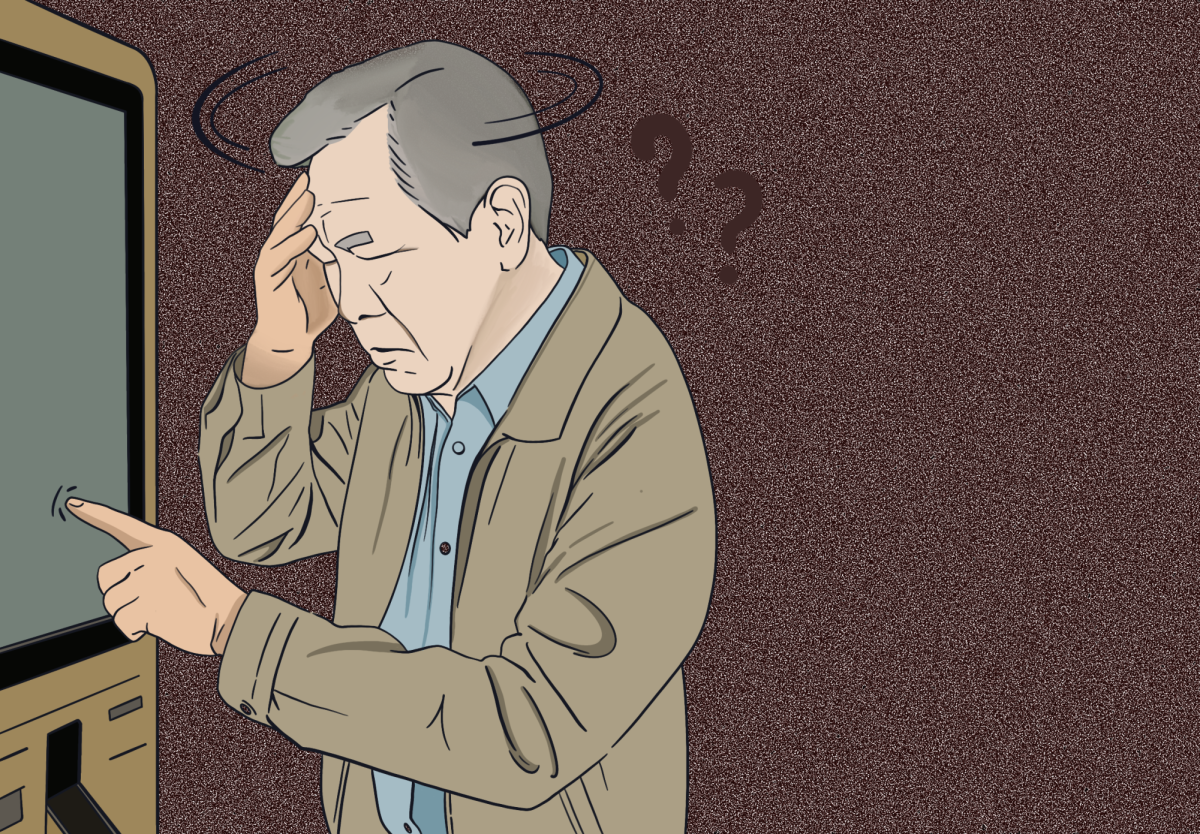


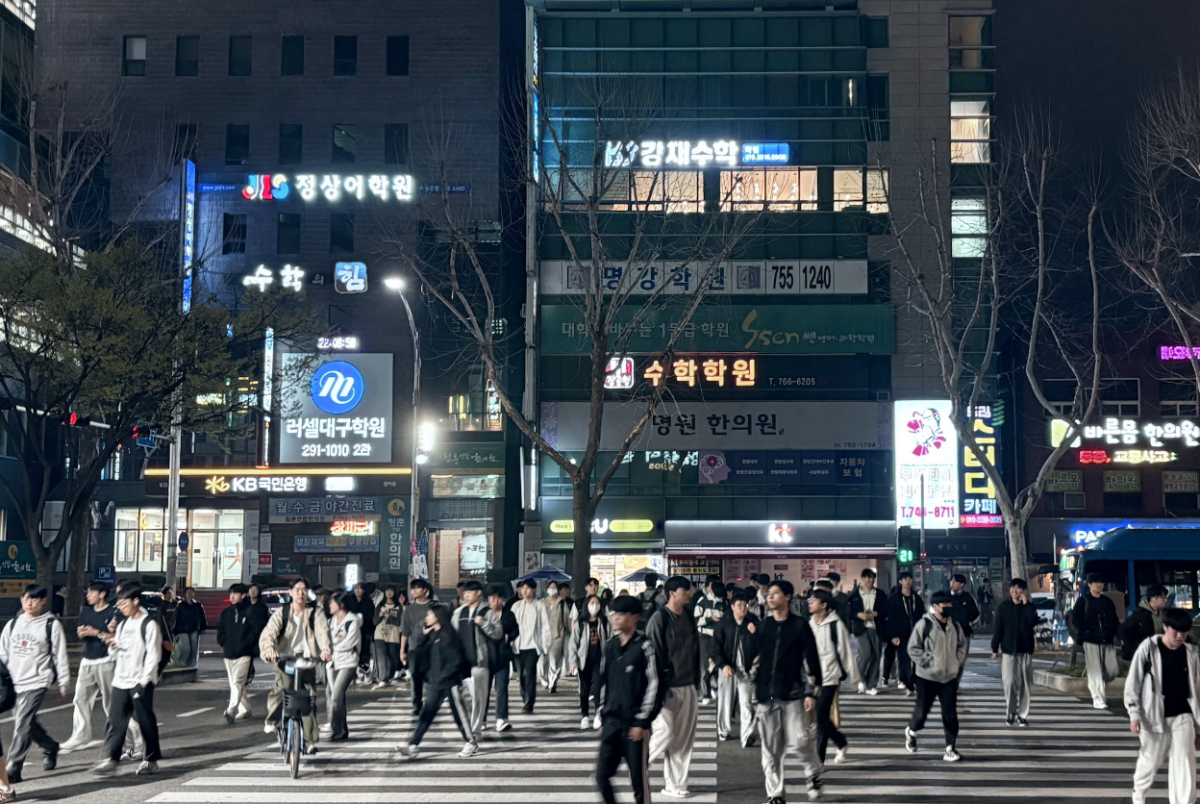



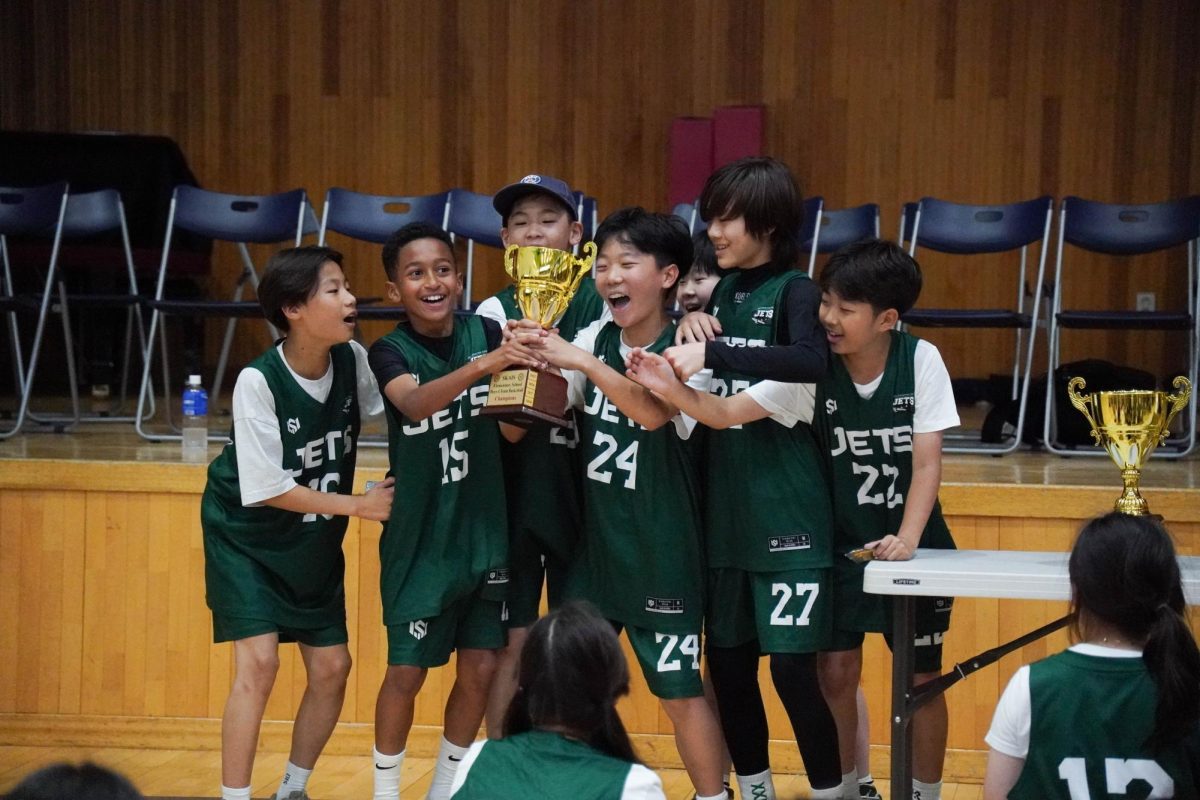








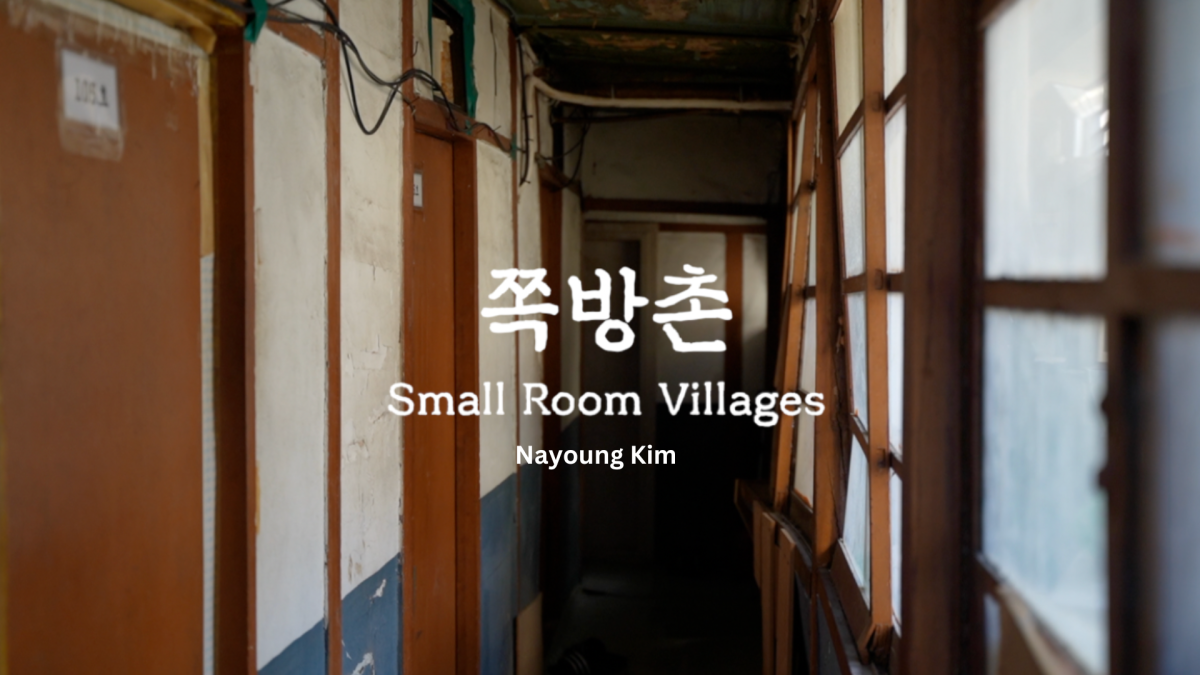








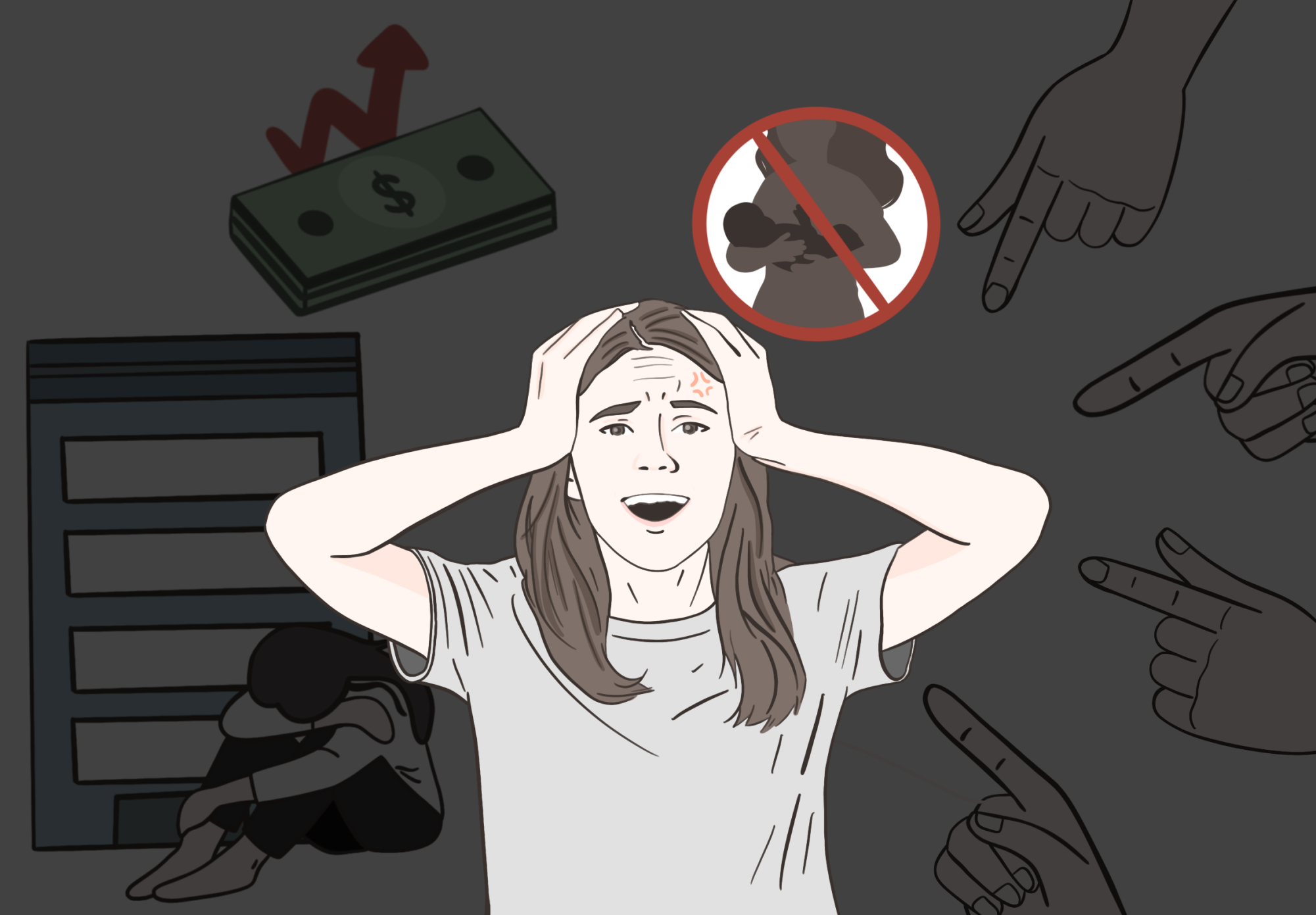



Ellie An • Oct 3, 2024 at 7:31 pm
I agree that rather than blaming each other and ‘finding the culprit’ causing decreases in birth rates, we should all work together to improve the situation.